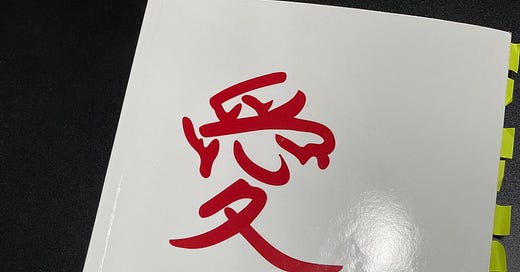Marisa Lapish’s book, "To Love Anyway", is a collection of haiku that searches out what it means to love anyway within a world that lacks love. She introduces writing haiku as a spiritual practice. But in contrast to traditional haiku that describes a moment in time from the outside world, Lapish’s haiku focus on the inside. Her haiku is a snap-shot within the heart of Lapish, as she wrestles with people and situations that make it hard to love anyway.
So she writes and loves anyway with each haiku. Some are proverbial, some are heartbreaking, others are refreshing. I believe each is a glimpse into humanity’s struggle to love their neighbor as themselves when no one else is.
I recommend this book to lovers of poetry, those who are spiritually curious, and those who feel the tension of love and hate in our world. The challenge I give you is the same that Marisa Lapish gives her readers: take the book, read it, let it sit in your soul, and wrestle with your own struggles found between the three poetic lines. Perhaps even write your own haiku in the blank spaces of the book just as I have.
One such haiku of Lapish’s on page 11:
Love through cracks in heart – the deep in-between space of broken concrete.
The haiku I wrote in the blank space:
Love’s water that finds cracks and trickles down to wear stone hearts till they break.
Lapish encourages us to accept the challenge to love anyway:
Melt an icy heart with ebb and flow of slow heat to love anyway.
What is some of your favorite haiku? Is it traditional or alternative?
What are your thoughts on writing poetry as a spiritual practice?




